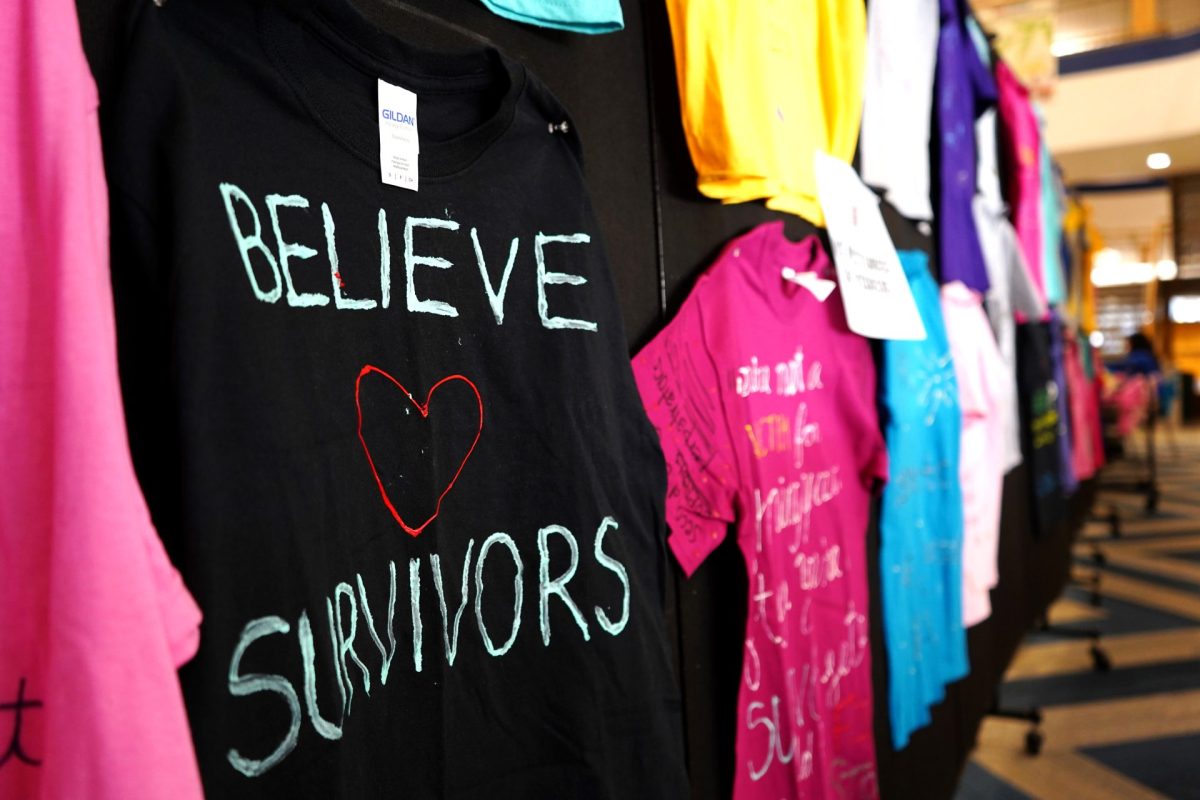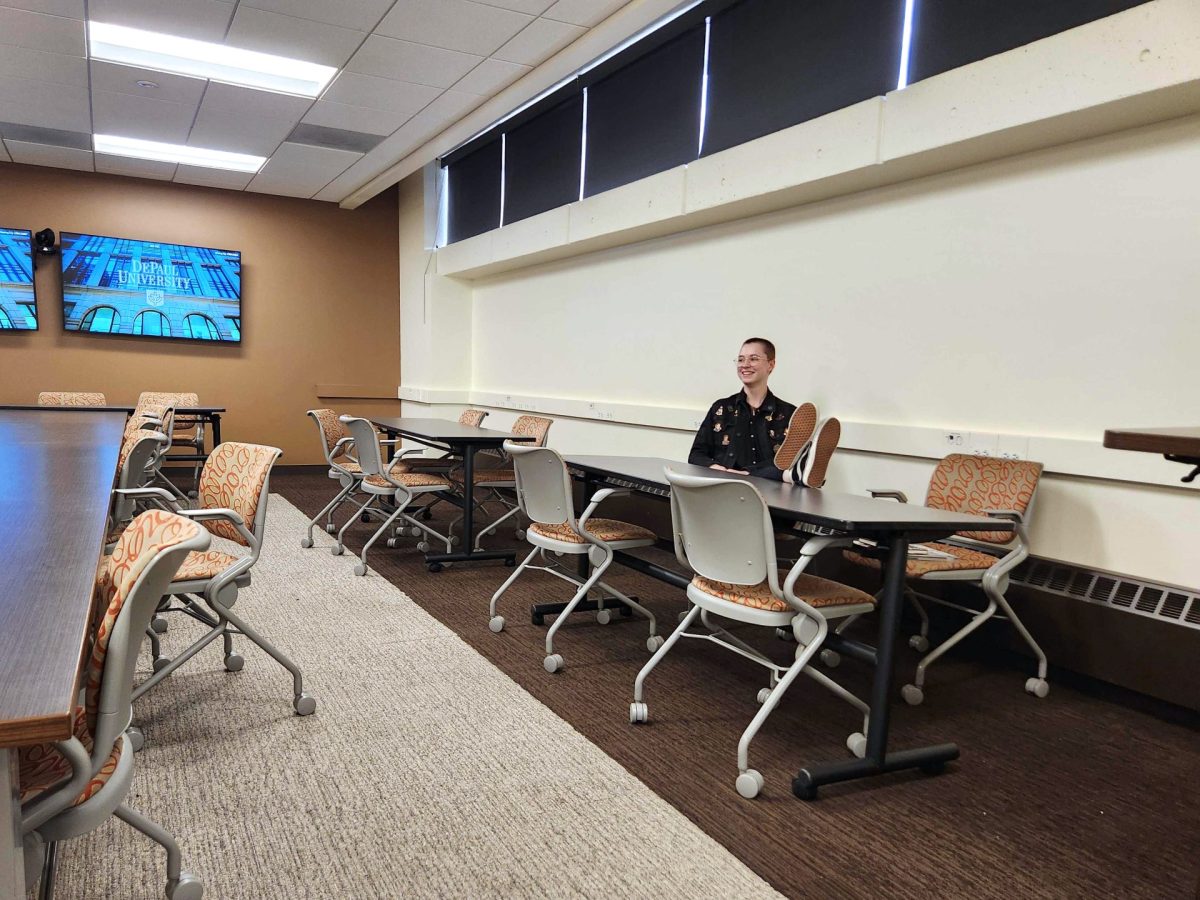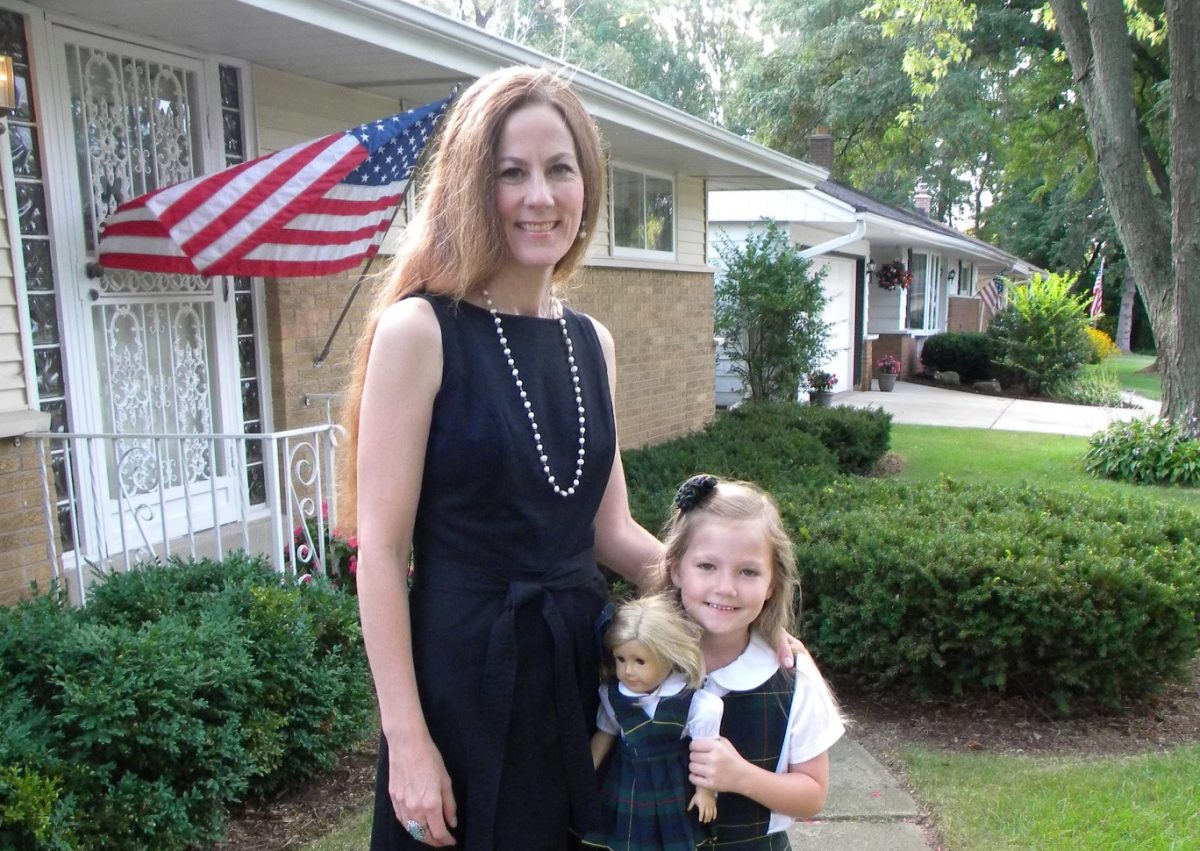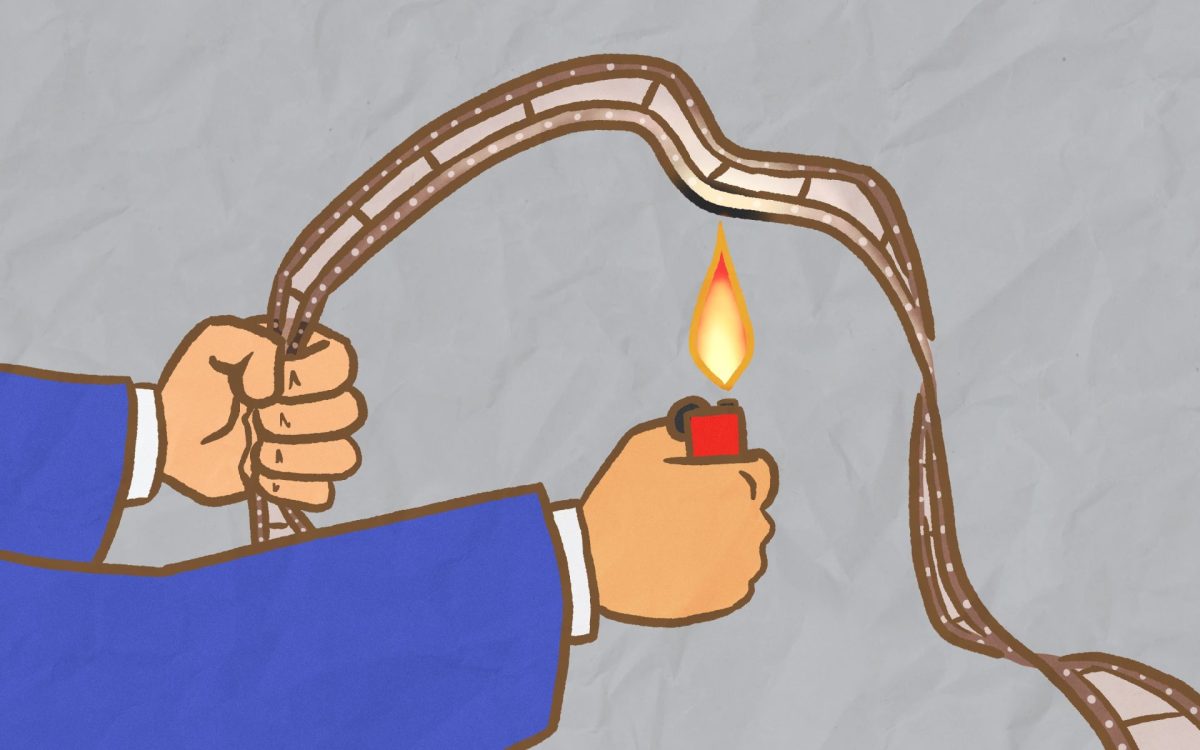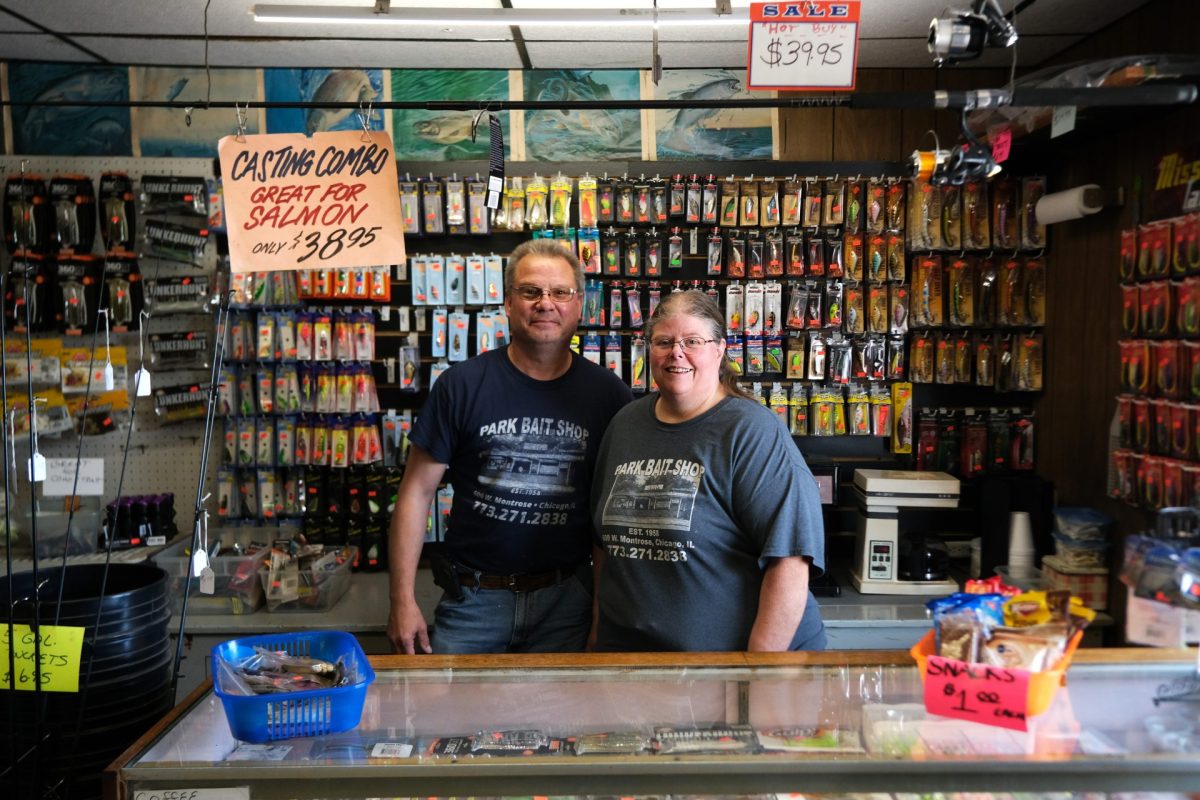One may think that the increase in awareness and advocacy surrounding sexual violence in the past decade would lead to an increase in survivors speaking up. However, there is still an unrelenting shame that comes with speaking up about such insidious experiences.
April is Sexual Assault Awareness Month, and as much as I want to believe that there are safe spaces for survivors of sexual violence, it feels impossible to hide from those who question survivors’ stories.
There are an infinite amount of reasons why a survivor may not speak up — the fear of not being believed, of victim-blaming, maybe even the fear of the unknown. Victims also may be hesitant to share because they might not be able to fully control what happens once they talk to someone about their experience. It’s that idea that the justice you could receive is out of your hands and in those of the law.
According to the National Sexual Violence Resource Center, more than 90% of sexual assault victims on college campuses do not report the assault.
That is why I am grateful for a particular project that the DePaul Women’s Center does in collaboration with the Center for Health Promotion and Wellness called the Clothesline Project, an event to build community among survivors and their loved ones.
Anyone who has been impacted by sexual and relationship violence is welcome to participate by creating a T-shirt to raise awareness. On April 25, the T-shirts were put up in a visual display at DePaul’s Student Center; this project invites nationwide support and participation. Since its emergence in 1990, the Clothesline Project has been implemented in universities all over the nation; the University of Illinois Chicago, Harper College, Kent State University and Utah Valley State University are some examples.
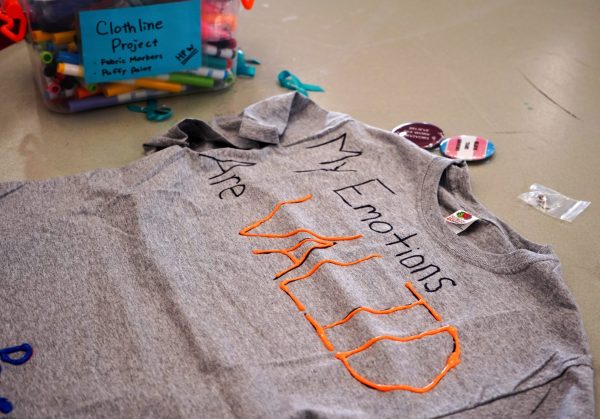
At DePaul, the Clothesline Project has become a tradition that, in my experience, has brought the community together. It is an opportunity for students to open conversations on a campus where sexual education feels taboo.
“Opening this conversation just provides … an environment where it’s actually OK to talk about and it doesn’t have to be… this devastating talk either,” said Nashley Vasquez, the Women’s Center event organizer.
She said that the people she knows personally do not report their experience because they risk “losing any strength they had.”
Once someone has experienced sexual violence, there is already a sense of defeat.
The Clothesline Project is a chance for survivors to regain some control and to “express themselves,” said Ann Russo, director of the Women’s Center.
“The exhibit is a way to witness that sexual violence and intimate violence and multiple forms of violence are pervasive.”
Projects like this also are a great outlet for survivors and others to express themselves without feeling like others are prodding them to share. They are given control over what they want to express and don’t owe anyone any explanations.
To overcome the stigma, we must individually look at ourselves and consider how we can support survivors of sexual assault. That includes understanding that each victim doesn’t cope the same way and breaking away from our preconceived notions about sexual assault. We also should not expect survivors to report their experiences when we, as a society, have so many stigmas surrounding sexual assault.
As The Clothesline Project does, we need to place power in survivors’ hands and shield them from the prying eyes of society.
If we truly support survivors, then we will hear more from them, free from judgment.


